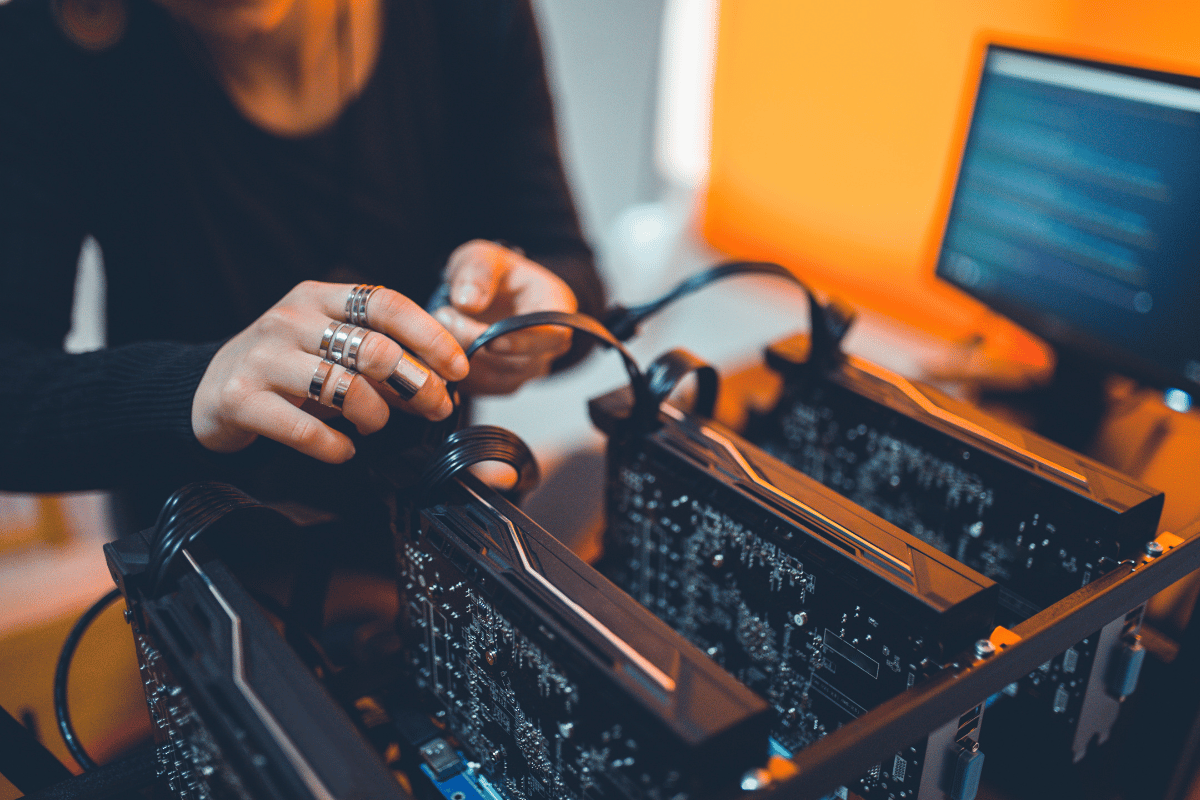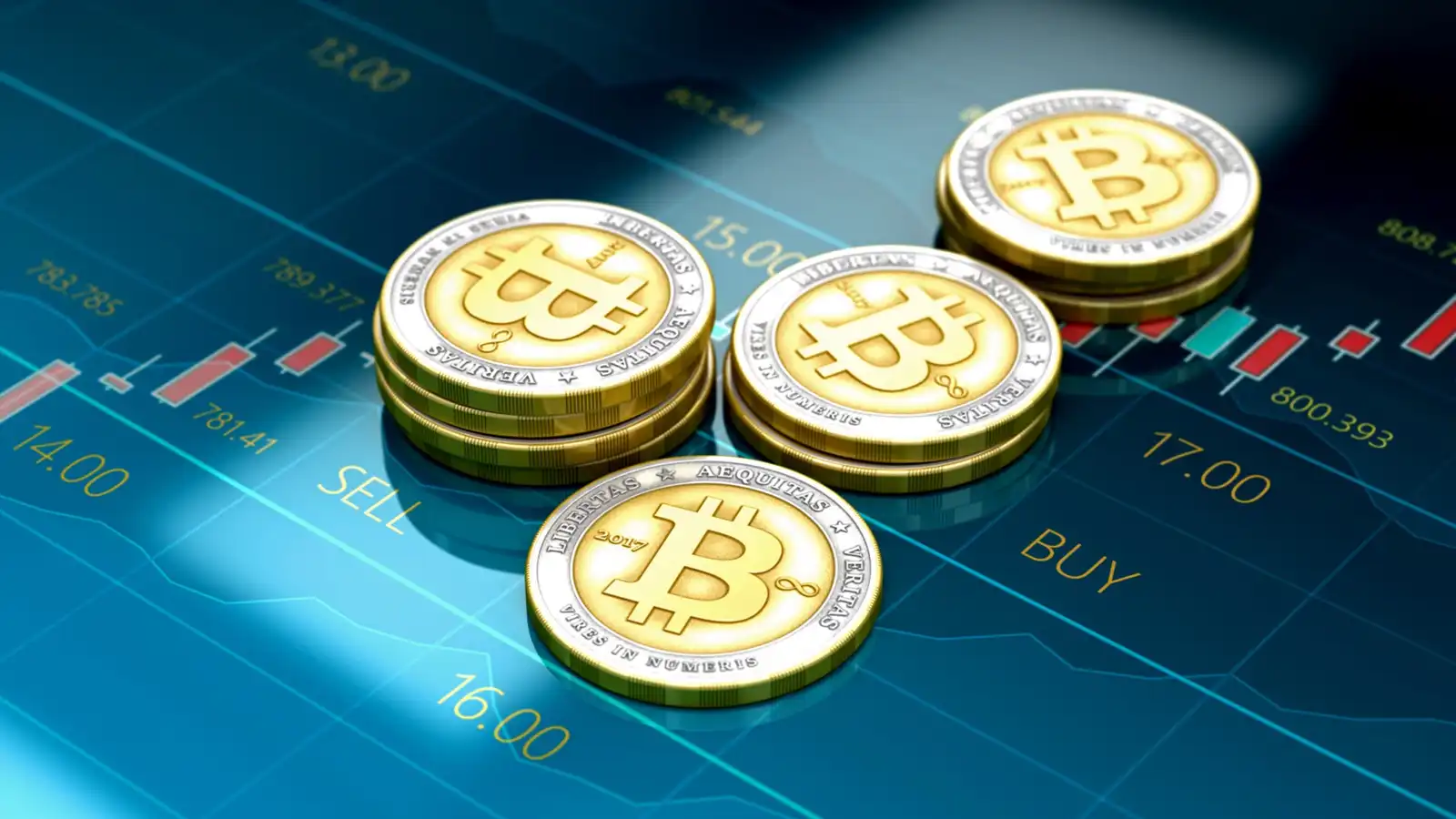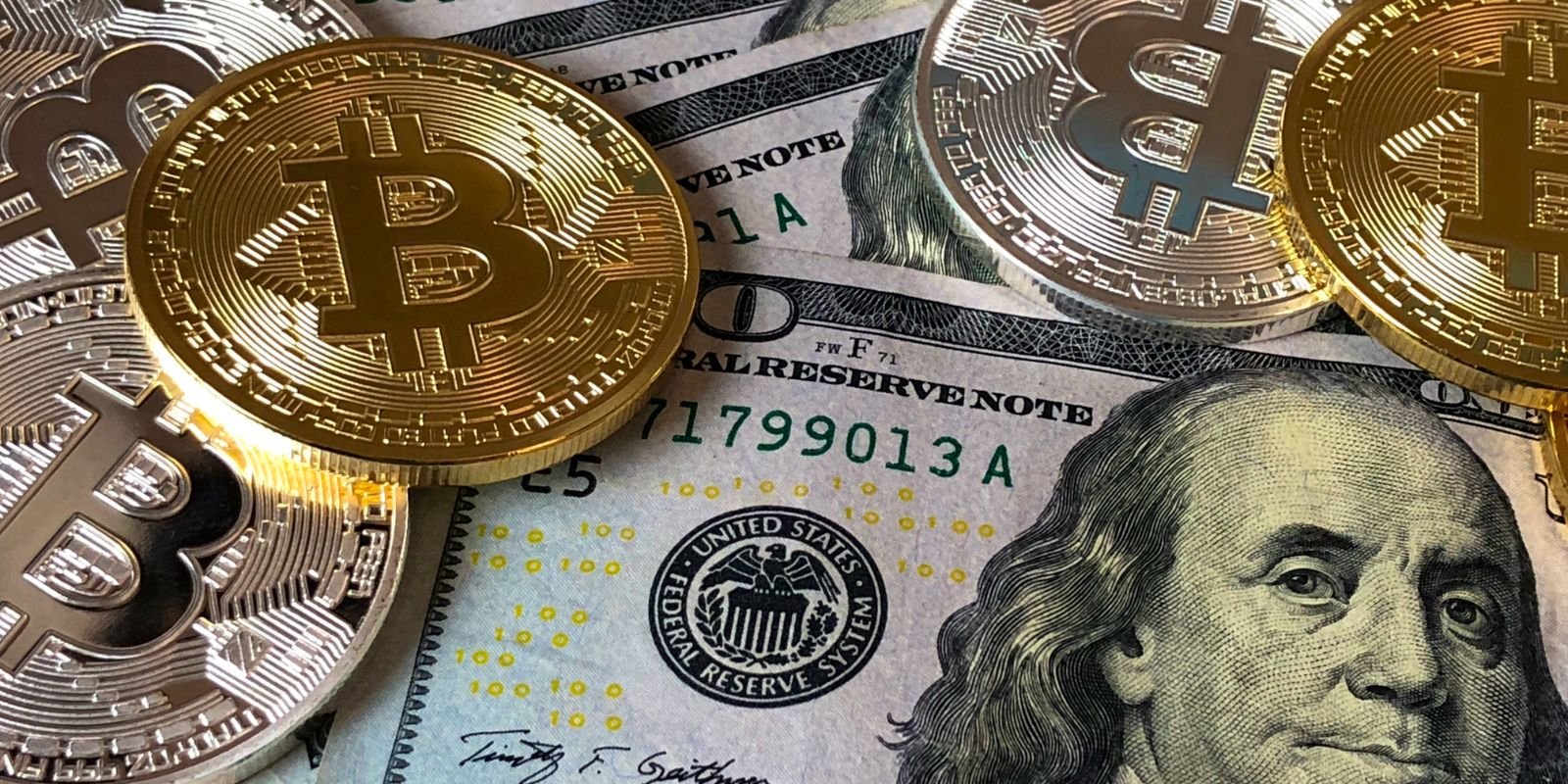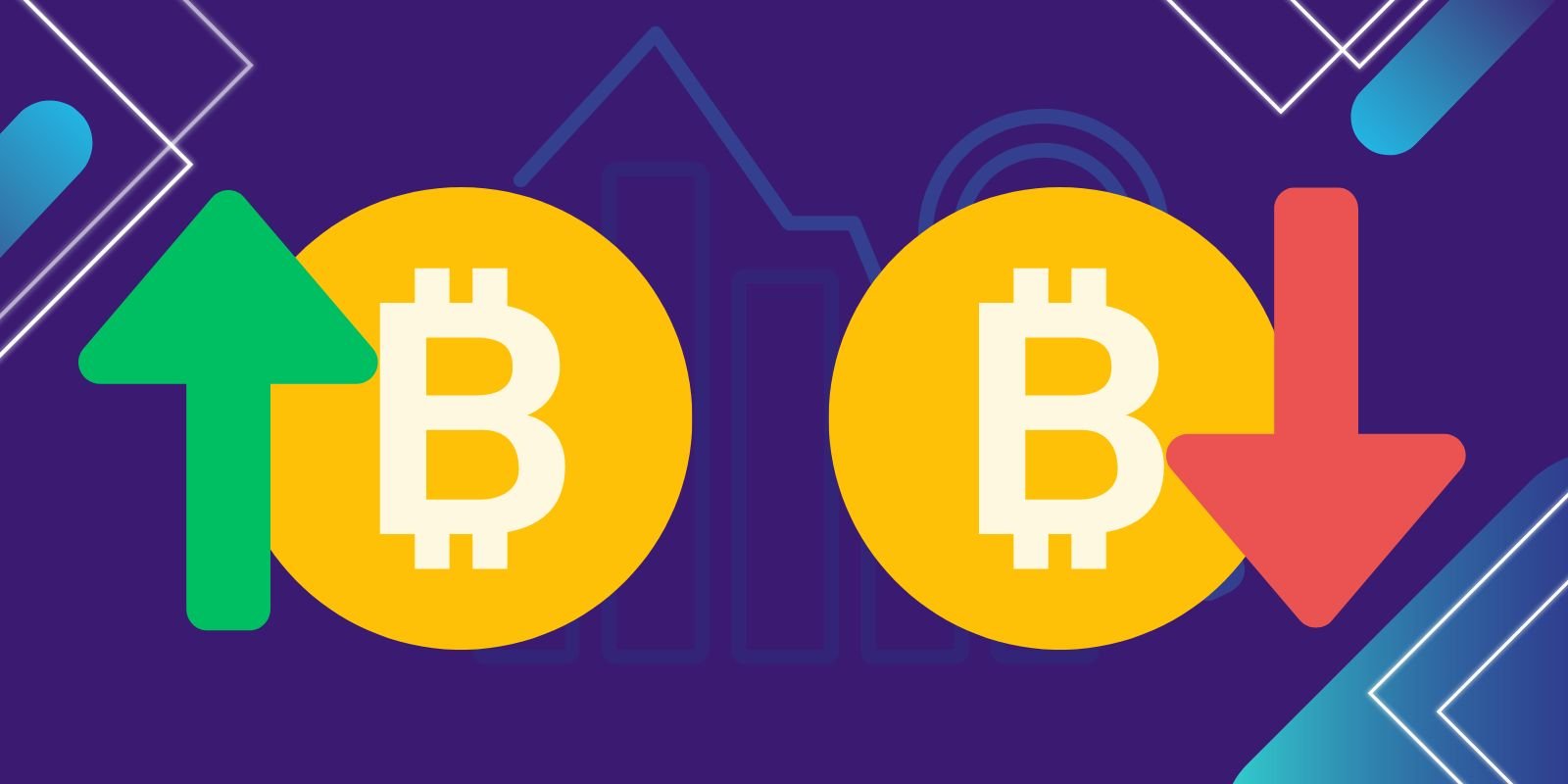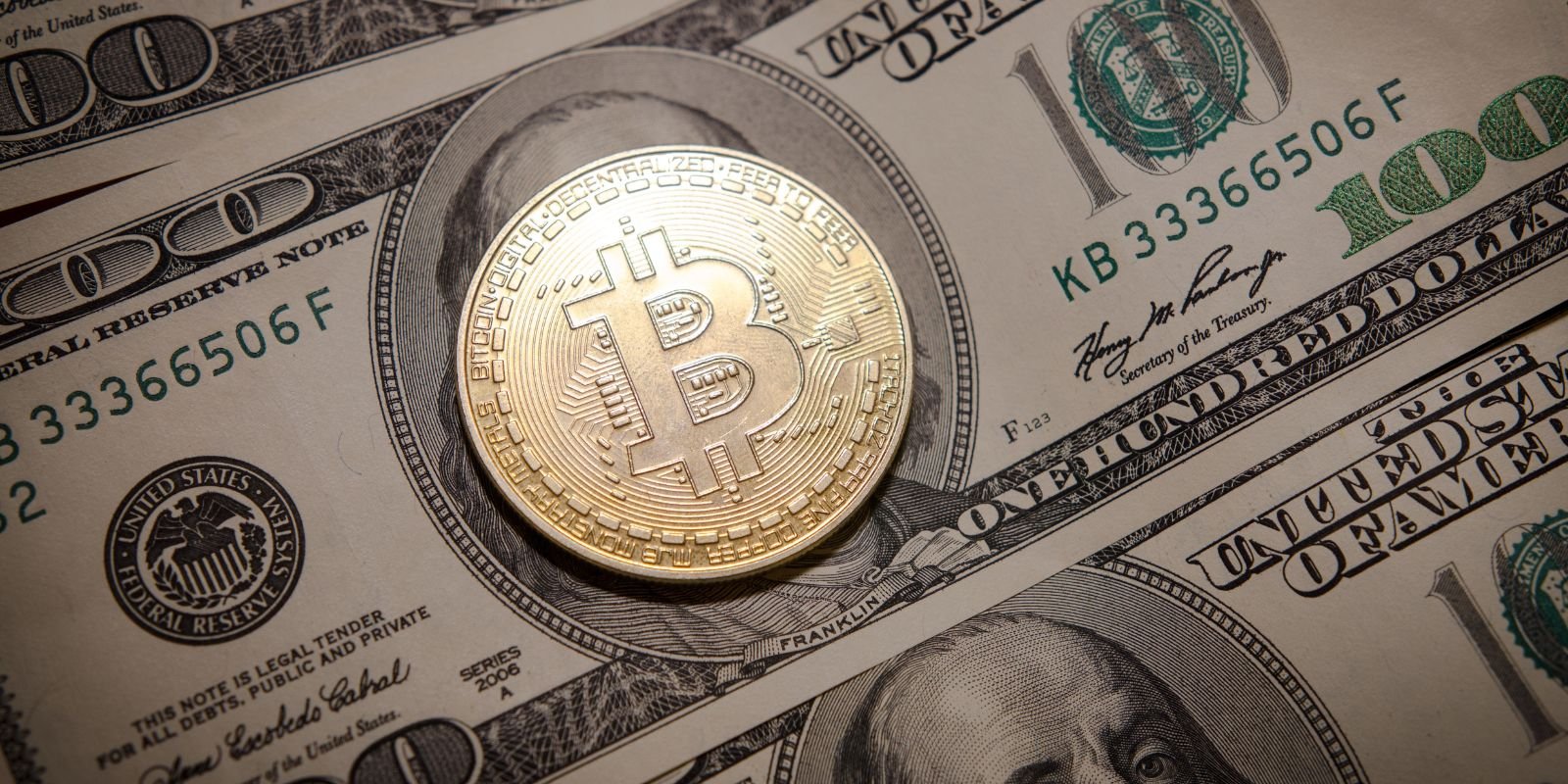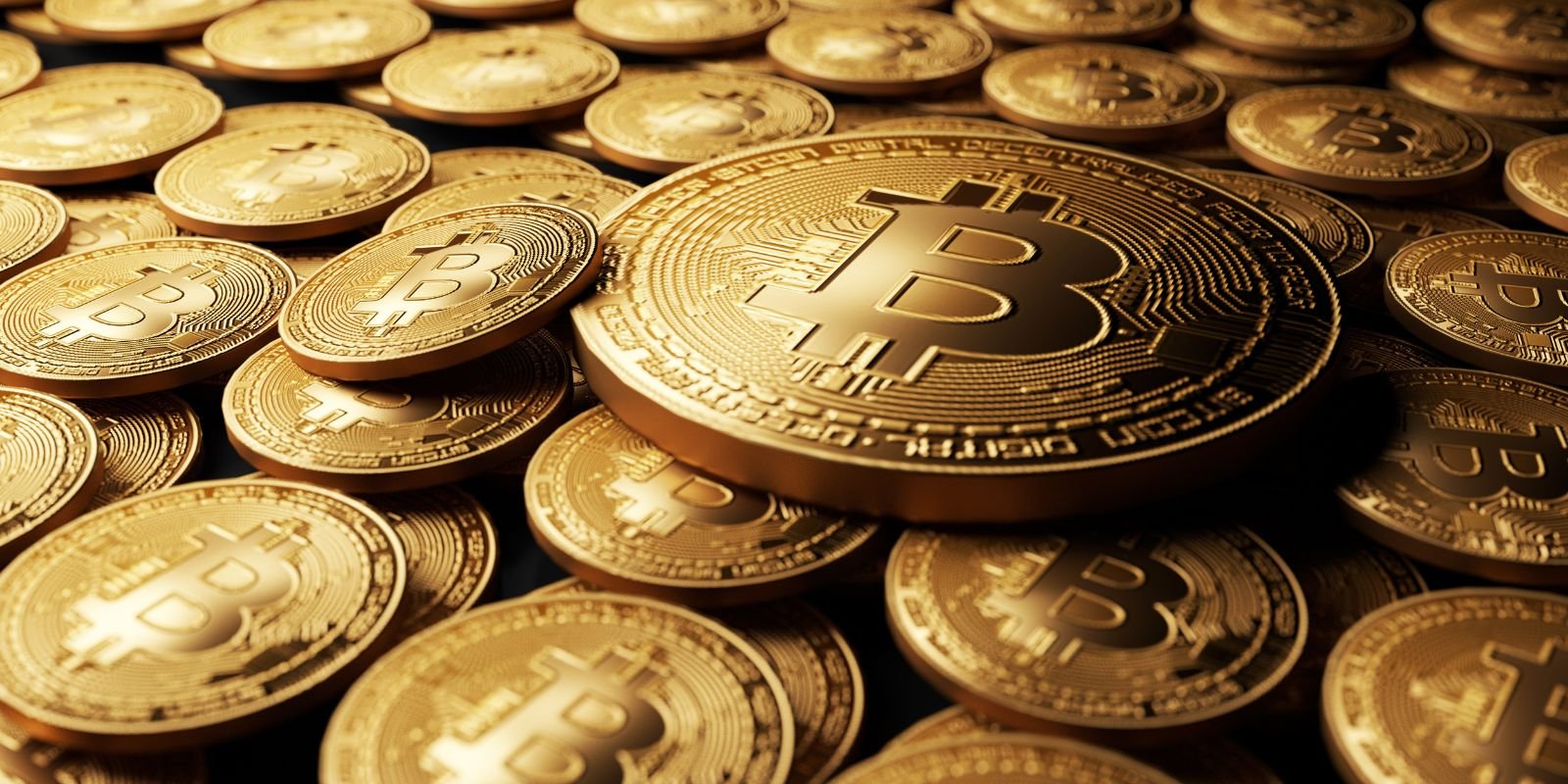Mining pools are a great way for miners to combine their resources and share the rewards. Let’s discuss what mining pools are, how they work, and the different methods used for pool mining. We will also take a look at the advantages of using a mining pool, and some of the issues that can arise.
What is a Mining Pool?
In the world of cryptocurrency, mining pools are tools that seek to increase miners’ potential gains by combining computing power to generate blocks more quickly. They allow miners to pool their resources together in exchange for a proportional reward in parallel with the amount of work they did in helping to create the block. Essentially, in a mining pool, individual miners contribute computing resources and in return, get a share of newly mined coins.
How does it work?
Mining pools in the crypto world are a great way of combining resources to increase the probability of solving complex mathematical equations in a shorter period. They involve joining a collective of miners where everyone in the pool contributes their hash rate to be more efficient in discovering blocks and thus providing more chances of earning rewards in exchange for the effort put in.

The profits generated in this manner are then equally divided among all the members in that particular pool so that each person earns a proportional amount when compared to how much they have invested in terms of processing power.
Methods of Pool Mining
There are three main types of pool mining:
Proportional Pool
Proportional pools base rewards on a miner’s contribution in terms of hashing power to the group effort.
Pay-per-share (PPS)
PPS pools offer people in their group a fixed reward for each share although typically there is slightly less cryptocurrency earned in this type of pool.
Pay Per Last N Shares (PPLNS)
PPLNS divides the reward based on the last number of shares submitted by the entire group so that even those who join late can still benefit from their contribution to the pool.
How to Choose a Mining Pool
1. Hashrate
One of the most important factors to consider when choosing a mining pool is the hash rate. Hashrate is a measure of the amount of computing power that a miner or mining pool has. The higher the hash rate, the more likely it is that the miner or pool will find a block and receive a reward.
2. Fees
Mostining pools charge a fee to cover the costs of running the pool. These fees can range from 0% to 3% and can vary depending on the size of the pool and the type of cryptocurrency being mined.
3. Location
When choosing a mining pool, it is important to consider where the pool is located. This is because the closer the pool is to the blockchain, the faster transactions will be confirmed.
4. Reputation
This includes considering reviews of the pool from other users, as well as looking at how long the pool has been in operation. A well-established and reputable mining pool is more likely to be trustworthy than a new or unknown pool.
Benefits of Mining Pool
1. Increased Hashrate
One of the primary benefits of mining pools is that they can help to increase the hash rate of the network. The hash rate is a measure of the computational power of the network and is used to secure the blockchain and process transactions when you buy or sell cryptocurrency.

2. Reduced Orphan Rate
The orphan rate is the percentage of blocks that are not included in the main chain. When miners work together in a pool, they can find blocks more quickly and reduce the orphan rate.
3. Higher Payouts
Mining pools also tend to offer higher payouts than solo mining. This is because miners can share the rewards from any blocks that are found.
4. More Stable Income
Mining pools can also provide a more stable income for miners. This is because the payouts from a pool are typically more consistent than those from solo mining.
5. Better for Small Miners
Mining pools can also be beneficial for small miners who might not otherwise be able to compete with larger miners.
Disadvantages of Mining Pool
1. Fewer Pools to Choose From
One of the primary disadvantages of mining pools is that there are fewer pools to choose from compared to solo mining. This can be problematic for miners as it may limit their ability to find a pool that suits their needs.
2. Higher Fees
Mining pools also tend to charge higher fees than solo mining. This is because pools need to cover their operating costs, such as server hosting and software development.
3. Less Decentralized
Mining pools are also less decentralized than solo mining, as they centralize the processing power of miners. This can be problematic as it increases the risk of 51% of attacks, which could allow malicious actors to control the network.
4. Requires Trust
Finally, mining pools require trust between the pool operator and the miners. Miners must trust that the pool operator will not cheat them out of their rewards, and pool operators must trust that miners will not try to cheat the system. This trust relationship can be difficult to maintain.
FAQs
What happens to Bitcoin after all 21 million are mined?
Once all 21 million Bitcoin in circulation is mined, the crypto landscape will be changed in a big way. Currently, new Bitcoins are produced through the process of mining to ensure a steady flow in the crypto space. After this maximum supply has been reached, miners will not have the incentive to keep up their activity in the same manner. Such a situation could lead to instability in the value of Bitcoin.
Is Bitcoin mining profitable?
Bitcoin mining in crypto can be a profitable venture depending on the individual mining strategy and overall market conditions. Mining for cryptos involves investing in specialized computers and hardware that are used to solve complicated math problems to secure blocks in the blockchain.
Can one get crypto without mining?
Mining is a great way to get crypto, but there are other ways out there for one to obtain it. Airdrops and bounties offer ways for those who don’t mine to be able to access crypto, with no effort or prior knowledge in the field. You can also buy Bitcoin or purchase tokens straight from their associated platforms or exchanges.
How do pool shares work?
The digital assets allow you to share in the rewards from a “pool” of investments in cryptocurrency projects. When successful investments are made in projects, your pool share can earn a return in the form of transaction fees, rewards from the project itself, or other benefits that come with holding cryptos.

